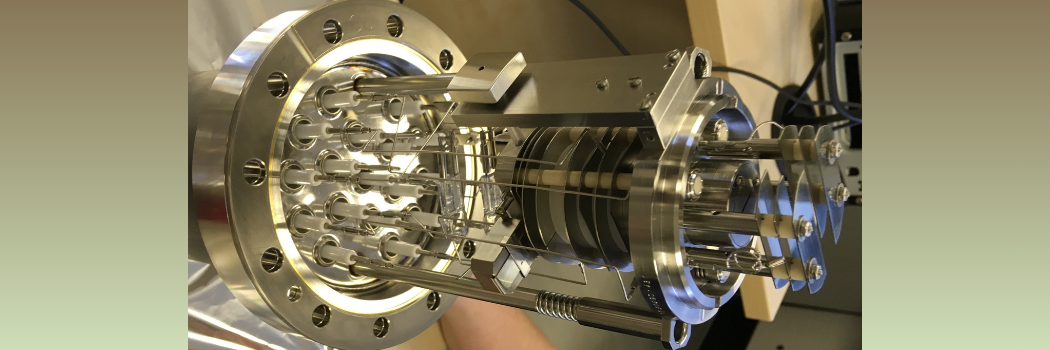
Our scientists have provided essential support to a national spectrometry infrastructure project that has received multi-million-pound funding from the UK government.
The Critical Mass UK (C-MASS) project has received £49.35m from the UK Research and Innovation's (UKRI) Digital Research Infrastructure Programme.
Connecting experts and sharing data
C-MASS will be a national infrastructure that will integrate and advance the UK's capability in mass spectrometry.
A mass spectrometer is an instrument which measures the ratio of mass to the number of charges of ions produced from elements and compounds.
It is used across a wide range of scientific research such as in drugs development, food contamination detection, pesticide analysis and carbon dating.
C-MASS will nationally bring together experts in the field and allow researchers access to cutting-edge instrumentation at laboratories connected by a coordinating central hub.
This will provide unparalleled access to data and be a critical resource for the UK in exploring medical, biological, chemical and environmental problems and solutions.
Forward-thinking
At Durham we have long recognised the importance of mass spectrometry to the physical, biological, clinical, pharmaceutical, forensic and environmental sciences.
We currently house over 40 mass spectrometers across five departments: Biosciences, Chemistry, Earth Sciences, Geography and Physics.
These facilities support undergraduate, graduate and postgraduate research, with each department providing their own highly-qualified technical support staff.
Our forward-thinking research strategy seamlessly aligns with key aims and goals of the national C-MASS initiative.
Training is a key component of the philosophy and vision behind C-Mass, and one which Durham is well-placed to support as we continue to deliver mass spectrometry theory as part of our scientific degree programmes.
We're also in a prime position to become a Core Facility for North East England, offering both general and specialist mass spectrometry education and analytical services.
It is recognised that our own researchers would benefit from access to specialist mass spectrometry capabilities at other national laboratories not currently available at Durham.






